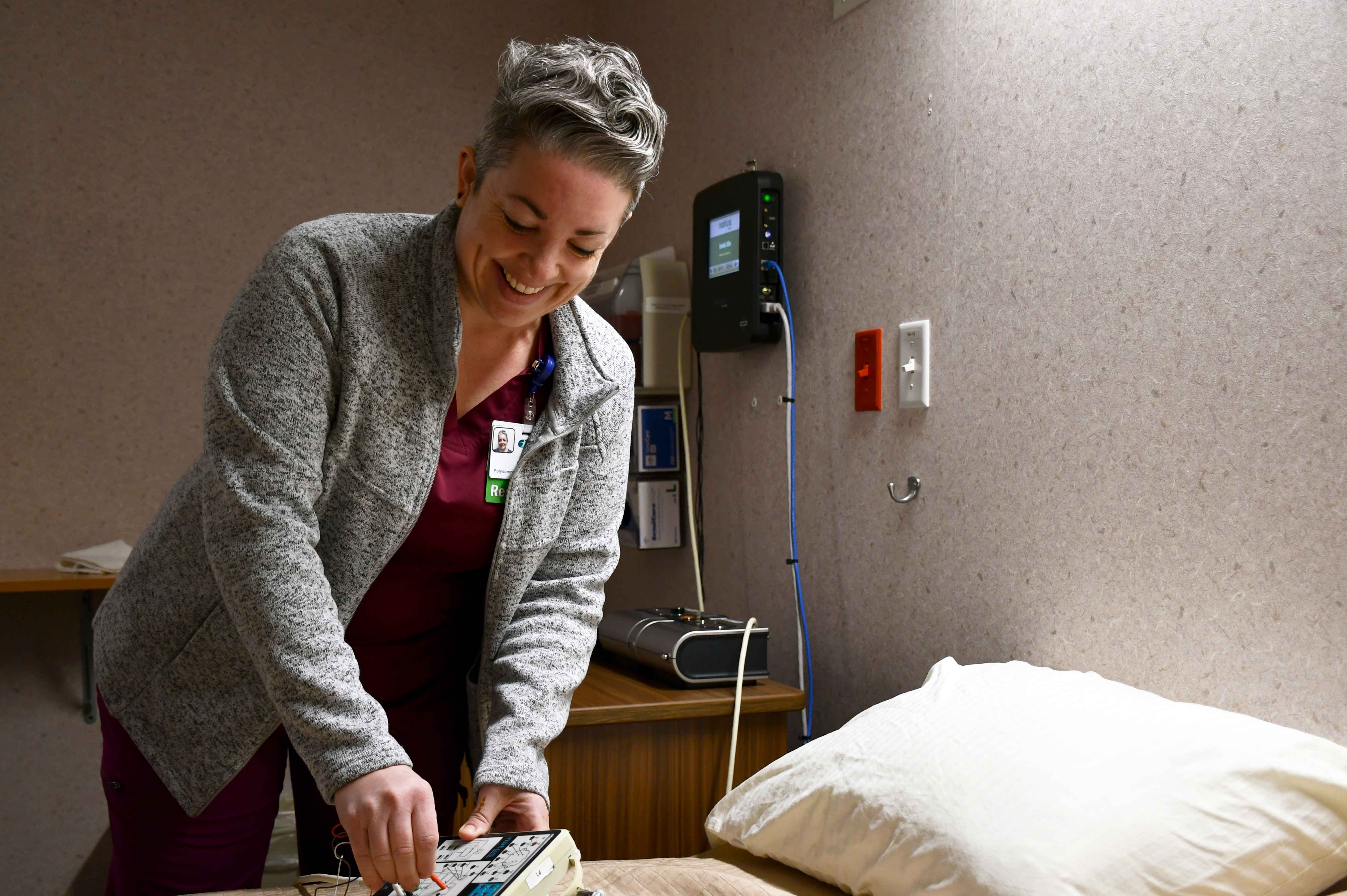On March 13, Americans across the country lose an hour of sleep to advance the clocks and get excited as the sun sets after 5 p.m. As the sight of spring and summer begins to kick in after the long winter months, an hour of sleep seems like an easy trade.
However, according to the Sleep Foundation, this biannual event may disrupt circadian rhythms which can lead to decreased concentration and memory, poor attention to detail, decreased motor skills and other negative health effects.
Circadian rhythms is a 24 hour cycle this regulates sleep and other key bodily functions such as body temperature, appetite, digestion and mood. These rhythms, often called biological clocks, rely heavily on natural light to tell the body many things like when to wake up and when to go to sleep.
“A disruption in the circadian rhythm can affect physical, mental and behavioral processes. In order for the body to reset itself each day and receive high-quality sleep, our internal clock relies on the light-dark cycle to release a hormone that makes the body feel tired and sleepy, called melatonin. On the days before the time change, it is important to practice good sleep hygiene. says Kate Blaubach, polysomnography technologist at Aspirus.
In honour of national sleep week, it’s important to focus on prioritizing sleep health and understanding the importance of a good night’s sleep. Only 52-56% of Americans wake up well-rested and alert, according to the National Sleep Foundation. DST can cause a mismatch between a body’s biological clock and the environmental clock. Fortunately, the NFS offers specific ways to smoothly switch between them.
- Establish a consistent sleep routine: Go to bed and wake up at the same time every day – including weekends – to promote good sleep hygiene and prepare for daylight savings time changes.
- Gradually change your bedtime: On the Saturday before the time change, set the alarm clock back 15 to 20 minutes to help the body make a smoother transition.
- Spend time outdoors: Spend time in the sun to alleviate feelings of daytime fatigue that often accompany time changes.
- Nap in moderation: People suffering from sleep debt as a result of DST may find some relief by taking short naps of 20 min or less during the day.
- Don’t consume caffeine too close to bedtime: Refrain from drinking coffee in six o’clock to bed to avoid disrupting sleep cycles.
If you try everything and still feel tired or have trouble sleeping, ask your healthcare provider if a sleep study is needed to determine if you have a sleep disorder. Several Aspirus sites offer overnight sleep studies. To learn more, speak with your healthcare provider or schedule a visit by calling 800-817-2363.

